
Selected reviews about elderly care communities
Selected reviews about elderly care communities offer valuable insights into the experiences of residents and their families. These reviews can highlight the strengths and weaknesses of different communities, helping you make an informed decision when choosing the right care for your loved one.

My 94 year old mother who lives in a nursing home has a terrible time with constipation. Any suggestions?
My 94-year-old mother in a nursing home struggles with constipation, which affects her comfort and overall well-being. It's important to explore dietary changes, increase hydration, and consult her healthcare team for appropriate laxatives or medications. Gentle physical activity and establishing a routine may also help alleviate her discomfort.
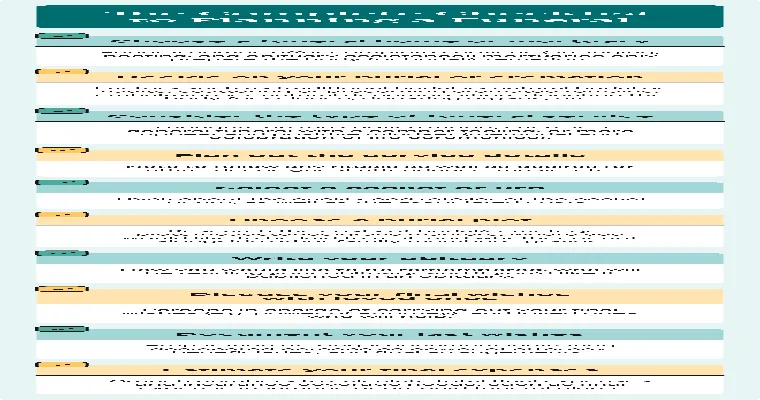
10 Things to Know About Preplanning a Funeral or Cremation Service
Preplanning a funeral or cremation service helps alleviate stress for loved ones during a difficult time. It allows individuals to express their wishes, ensures financial considerations are addressed, and can provide peace of mind. Understanding options for personalization, legal requirements, and potential costs is essential for a meaningful farewell.
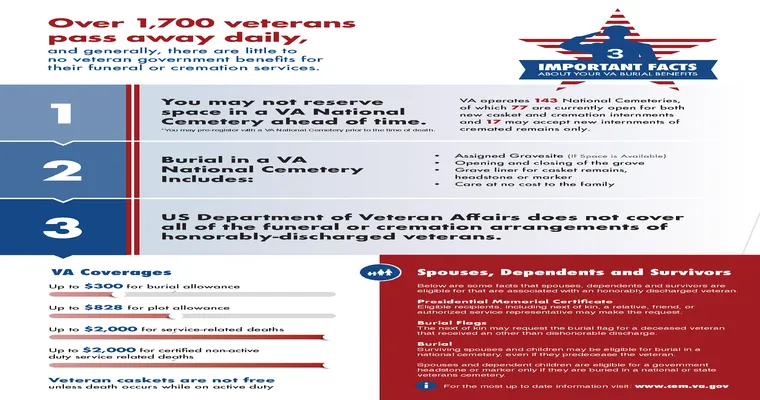
10 Important Facts About VA Burial Benefits
VA burial benefits provide essential support for veterans and their families, covering burial costs, a gravesite in a national cemetery, and a headstone or marker. Eligibility depends on service and discharge status, while surviving spouses and dependents may also qualify for certain benefits, ensuring dignified memorialization for loved ones.
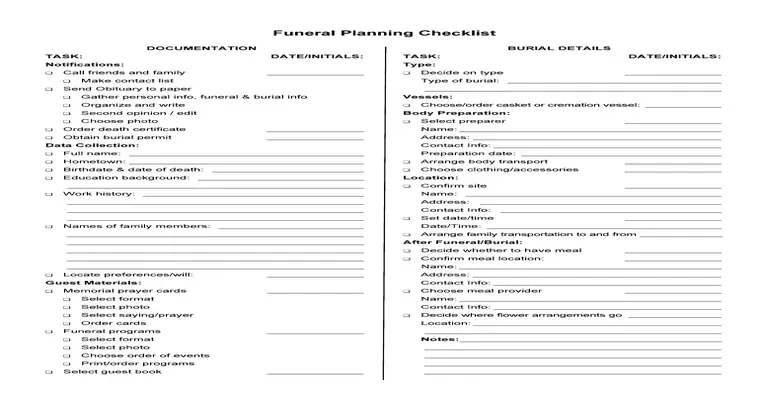
Funeral Planning Checklist
A funeral planning checklist serves as a helpful guide to ensure all necessary arrangements are made during a difficult time. It typically includes tasks such as selecting a funeral home, choosing burial or cremation options, organizing paperwork, and planning service details. This tool aids in creating a meaningful tribute while reducing stress.
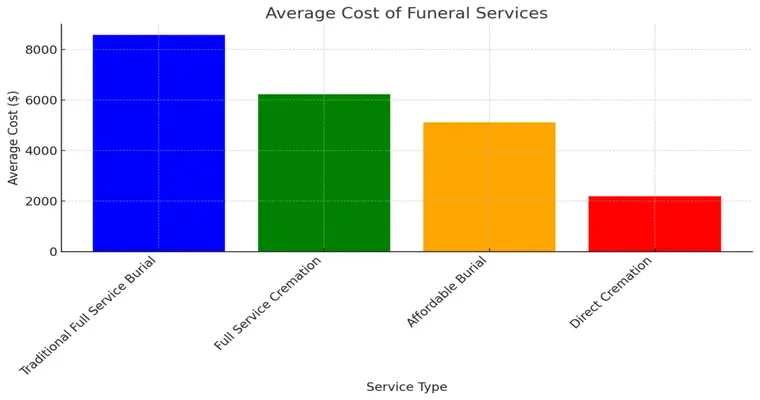
Cremation Cost: 4 Factors That Affect Price
Cremation costs can vary significantly based on several factors, including the type of service chosen, location, the crematory's reputation, and additional services like urn selection or memorial events. Understanding these elements can help families make informed decisions while managing their budget during a difficult time.
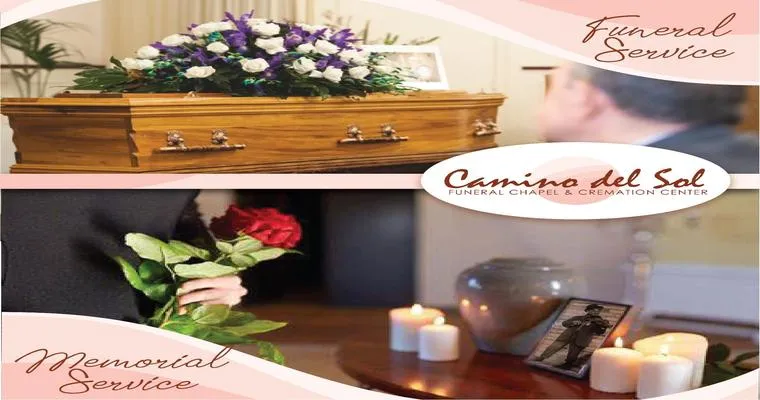
5 Essential Differences Between a Burial and a Cremation Service
Burial services involve interring the deceased in a grave, often accompanied by a memorial service, while cremation involves reducing the body to ash through high heat. Burials typically require a casket and plot, whereas cremation may allow for various memorial options, including urns and scattering ashes. Costs and environmental impacts also differ significantly.

Take the Guesswork out of Funeral Arrangements
Take the guesswork out of funeral arrangements by pre-planning and clearly outlining your wishes. This thoughtful approach alleviates stress for loved ones during a difficult time, ensuring that your preferences are honored. By discussing choices and making decisions in advance, you provide comfort and clarity to family and friends.

My parents live in a CCRC and my dad passed away 2 months ago. They have two adjoining rooms. Can they keep the contract with his name?
In a Continuing Care Retirement Community, surviving spouses often have options regarding contracts after a partner's passing. Your mother may be able to retain the existing contract in your father's name, but it's essential to consult the CCRC's administration for specific policies and procedures related to this situation.
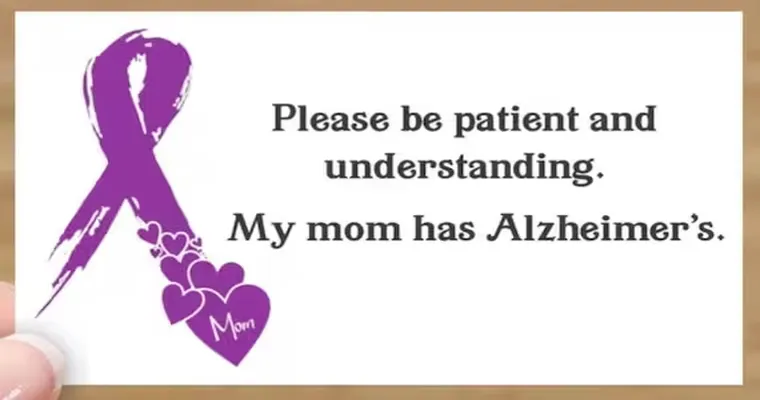
Mother has Alzheimer’s- father has a new girlfriend and spending joint account. Should I say something?
Navigating a situation where your mother has Alzheimer's and your father is in a new relationship can be challenging. It’s important to consider the emotional impacts on everyone involved. Open communication may be necessary, especially regarding financial matters, but approach the conversation with sensitivity and understanding for all parties.

Assisted Living forcing move to Memory Care, has anyone been through this before?
Assisted living facilities may require residents to transition to memory care when cognitive decline becomes significant. This change can be challenging for both individuals and families, often leading to feelings of loss and anxiety. Many families have navigated this process, seeking support and understanding during this difficult time.

Memory care won’t accept my mom in middle stage dementia because she “missed the window.” Any advice?
Finding suitable memory care for a loved one in middle stage dementia can be challenging, especially if facilities have strict admission criteria. It’s important to explore alternative options, such as in-home care or smaller residential settings, and advocate for your mom's needs. Seek support groups for additional resources and guidance.

Does anyone have experience and/or knowledge regarding not-for profit continuing care communities?
Not-for-profit continuing care communities provide a range of services and housing options for seniors, including independent living, assisted living, and skilled nursing care. They focus on enhancing quality of life while promoting social engagement and well-being. Many rely on donations and grants to support their mission and maintain affordability.

How do I help my sister when she gets stuck repeating the same thought over and over?
When your sister gets stuck in a loop of repetitive thoughts, gently encourage her to talk about what’s bothering her. Offer a listening ear and validate her feelings. Suggest engaging activities or mindfulness techniques to distract her, and remind her that it’s okay to seek professional help if needed.
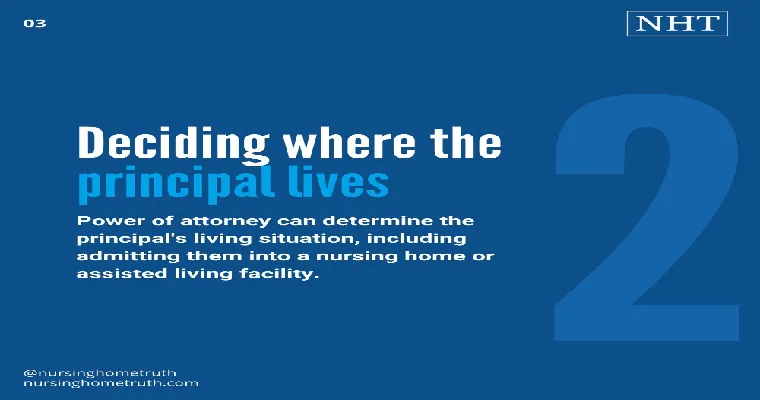
Can I use my Durable POA to admit my mother to a memory care facility, even though she doesn't want to go?
Using a Durable Power of Attorney (POA) to admit your mother to a memory care facility may depend on the specific authority granted in the document and local laws. If her safety and well-being are at risk due to her condition, the POA may allow you to act in her best interest, despite her wishes.

How does nursing home get paid?
Nursing homes receive payment through various sources, primarily Medicaid and Medicare, which cover a significant portion of costs for eligible residents. Private pay from individuals or long-term care insurance also contributes. Rates depend on the level of care needed, facility location, and individual agreements with insurance providers.

ALC increases monthly rates on my parents by 50%, any recourse?
ALC has raised monthly rates for my parents by 50%, causing financial strain. It's essential to review the lease agreement for any clauses on rate increases. Exploring local tenant laws may provide options for recourse. Additionally, discussing the situation directly with ALC could lead to potential negotiation or assistance.

Need help at night in exchange for free room.
Looking for someone to provide assistance during nighttime hours in exchange for free accommodation. Tasks may include light housekeeping, pet care, or general companionship. Ideal for students or travelers seeking a comfortable place to stay without financial burden. Flexible hours and a welcoming environment provided.
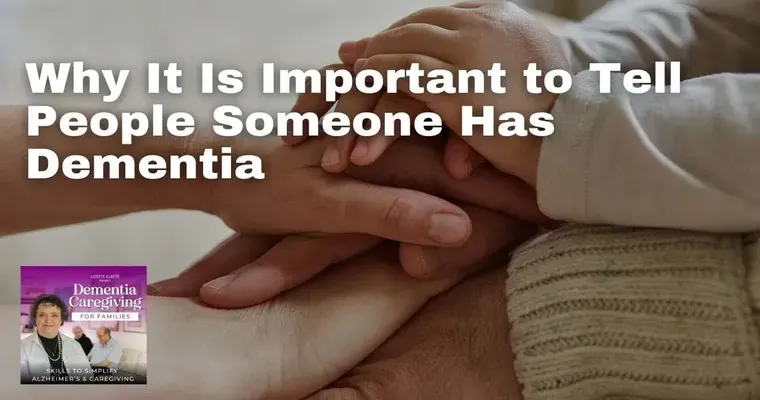
How do we convince my MIL that my FIL who has dementia needs to go into memory care? She is his caregiver, but is in denial.
Navigating the conversation with your mother-in-law about her husband's dementia can be challenging. Approach her with empathy, sharing observations about his condition and the increasing demands on her. Highlight the benefits of memory care, emphasizing safety and support, while reassuring her that seeking help is a sign of strength, not failure.

How Colon Cancer is Diagnosed and Treated
Colon cancer is diagnosed through screening methods like colonoscopy, imaging tests, and biopsies. Treatment typically involves surgery to remove tumors, chemotherapy, radiation therapy, or targeted therapies, depending on the cancer stage. Early detection and personalized treatment plans are crucial for improving outcomes and survival rates. Regular screenings are recommended for at-risk individuals.
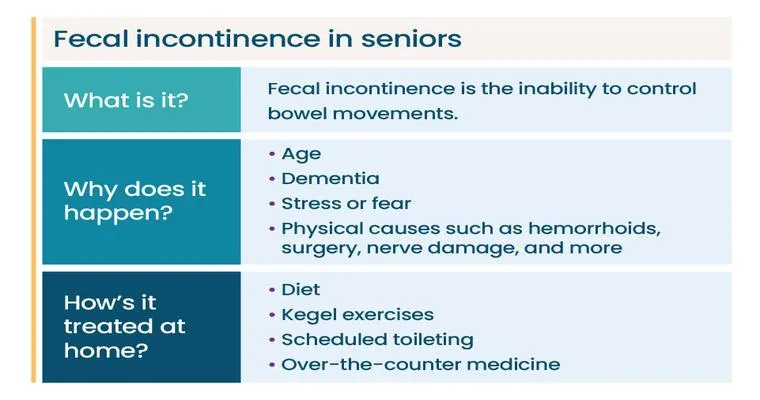
Elders Getting Colonoscopies With Dangerous Frequency
Many older adults are undergoing colonoscopies at alarming rates, often exceeding recommended guidelines. This trend raises concerns about the risks associated with unnecessary procedures, such as complications from anesthesia and potential for overdiagnosis. It highlights the need for more personalized screening approaches that prioritize patient safety and appropriate care.
Page 99 of 134